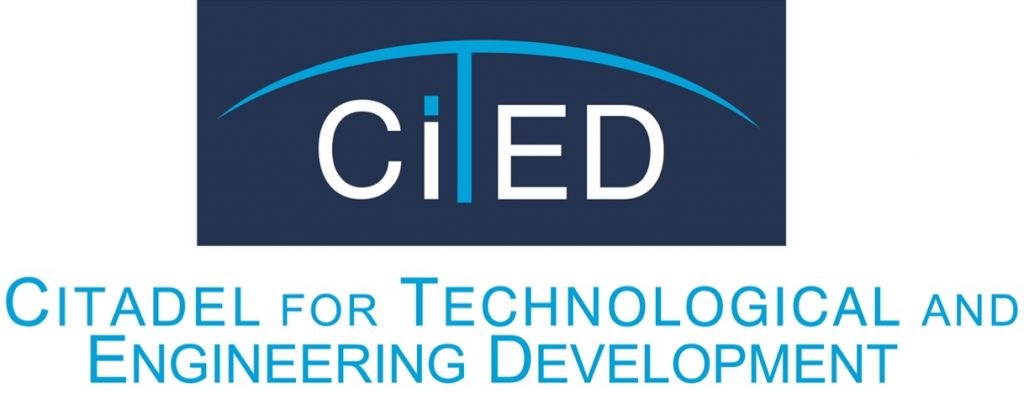Successful engineering projects demand effective supervision, monitoring, evaluation, and management (SMEM) strategies at every stage. This course dives into the critical aspects of SMEM. Participants will learn how to proactively track progress, identify potential issues, implement corrective actions, and manage resources.


Introduction:
Successful engineering projects demand effective supervision, monitoring, evaluation, and management (SMEM) strategies at every stage. This course dives into the critical aspects of SMEM. Participants will learn how to proactively track progress, identify potential issues, implement corrective actions, and manage resources.
Objectives:
By the end of this training, participants will be able to:
- Understand the key principles and best practices of SMEM in engineering projects.
- Develop effective project plans that incorporate robust SMEM components.
- Implement tools and techniques for monitoring project progress against established timelines and budgets.
- Evaluate project performance using appropriate metrics and identify areas for improvement.
Day 1 : Foundations of SMEM
- Introduction to SMEM: Definitions, concepts, and the SMEM lifecycle within engineering projects.
- Project Planning for SMEM: Setting SMART goals, defining baselines, creating a monitoring plan
Day 2: Monitoring and Evaluation Techniques
- Progress Monitoring: Tools (Gantt charts, milestone tracking, earned value management), reporting frequency, deviation analysis.
- Performance Evaluation: Key Performance Indicators (KPIs), qualitative and quantitative assessments, benchmarking.
Day 3: Management and Communication
- Change Management: Identifying change triggers, impact assessment, and change control processes
- Risk Management: Risk identification, mitigation strategies, contingency planning
- Communication and Reporting: Communication channels, tailoring reports to stakeholders, visualization techniques.
Conclusion:
- Review of key concepts and best practices.
- Discussion of challenges and lessons learned in implementing SMEM.
- Action planning for applying course learnings to participants’ projects.

